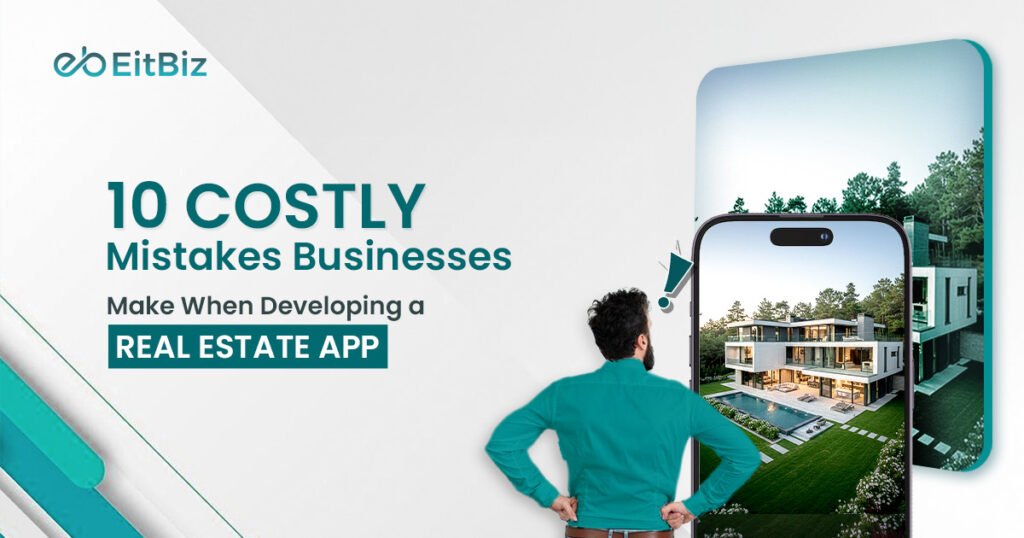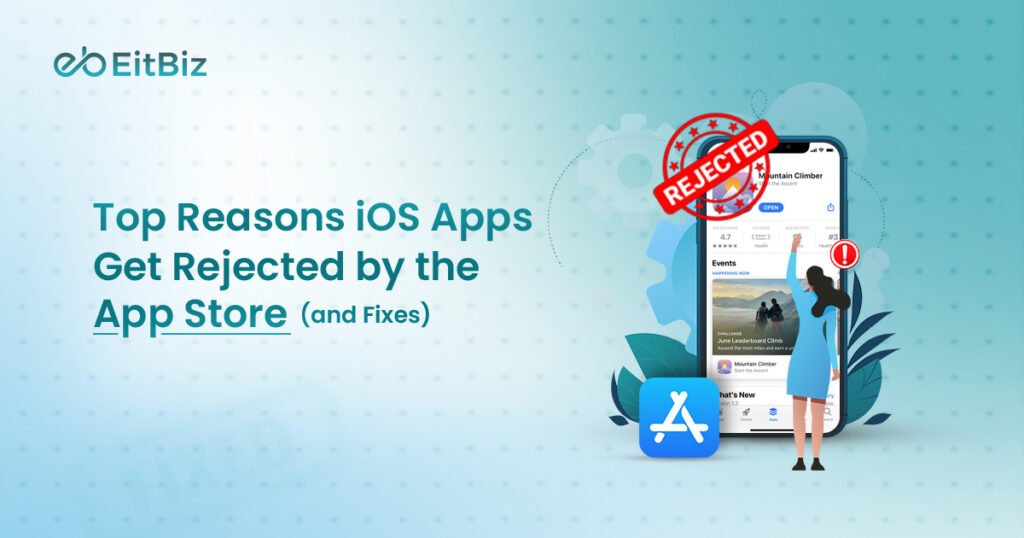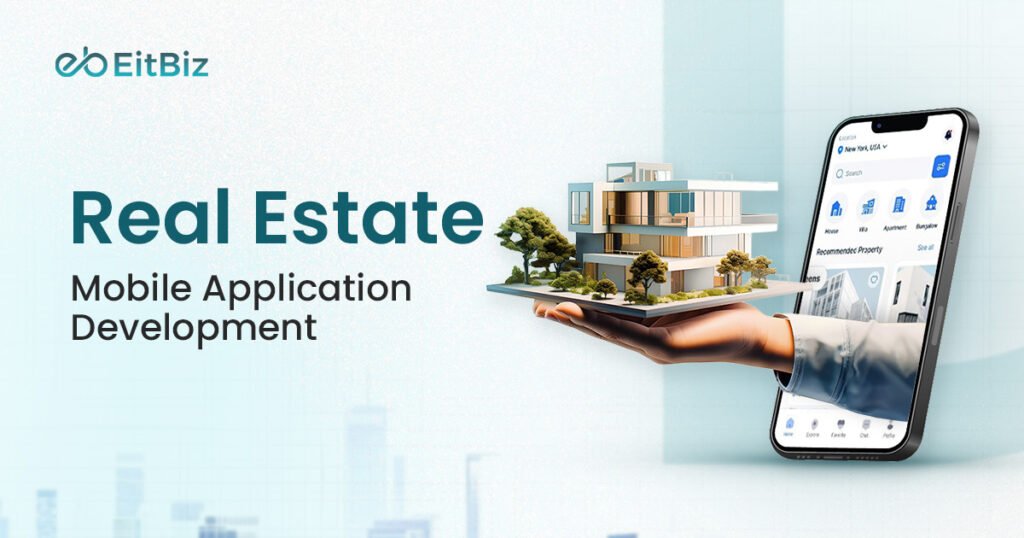Let’s face it!
Do you know any business running in 2025 without a software solution?
Well, it’s like asking about any human body alive without a soul, right?
That’s how important a software solution is for a business!
This is where the importance of SaaS (Software-as-a-Service) and web applications comes in!
Did you know?
The global SaaS market is expected to reach $220.21 billion by 2026 while the web app market will likely reach $77.1 billion by 2025.
Considering such a fact, it’s no secret why businesses are going crazy over both of them.
Speaking of their usage, a business should go with the former one if they don’t want multiple responsibilities while the latter is ideal for companies that need complete control over the web.
Before diving into the differences between SaaS software & Web App, let’s understand their meanings in detail.
| Table of Contents: 1. What is SaaS? 2. What are Web Apps? 3. What are the key Differences Between SaaS and Web Apps? Final Thoughts |
What is SaaS?
To put it simply, SaaS refers to the Software-as-a-Service where applications are hosted by a service provider and made available to users over the internet. When you prefer the SaaS business model to web apps, you don’t need to purchase or install software on your local machines, instead, you can access it via a web browser. All you need is a good internet connection to work.
Some of the common examples of SaaS include Dropbox, Gmail, and Salesforce.
But now you might be wondering – Is SaaS worth it?
Let’s take a look at the promising facts and statistics related to SaaS development.
- More than 70% of software used by companies in 2023 are SaaS apps.
- Nearly 80% of businesses are planning to make their systems powered with SaaS applications by 2025.
- Nearly all businesses (or at least 99%) use at least one SaaS software solution to manage their operations.

Next, What are Web Apps?
Just like SaaS, web apps also need web browsers to work but it differs in terms of delivery and ownership. In simpler terms, web apps are dedicated software that you can access and use directly from your web browser. Unlike traditional desktop apps installed on your computer, web apps operate on web servers and are accessed online.
The best part is that you don’t need to download or install any specific software to use a web app. Simply open your browser, type in the app’s URL, and you’re free to access your web apps.
Some of the common examples of web apps include – Gmail, Google Docs, Trello, and Social Media Platforms.
Just like we did talk about the facts related to SaaS management, let’s throw some light on the facts and statistics related to “Web Apps”.
- The web app market stands at USD 1.86 billion and is expected to reach USD 9.43 billion by 2030.
- There are more than 5.3 billion using the internet which shows how big the market is to tap.
- In January 2020, 58% of monthly active users were app users.
Now that you know about SaaS and web apps, it’s time to know the difference between the two to find out the best software solution provider.
Let’s dive in!
What are the key Differences Between SaaS and Web Apps?
Let’s take a look at the key differences between the SaaS model & web apps based on multiple parameters.
| Parameters | SaaS | Web Apps |
| Deployment & Hosting | In SaaS, the service provider is responsible for managing the deployment and hosting. | On the other hand, in the case of web apps, the user or an organization is responsible for deployment and hosting. |
| User Experience & Interface | These types of applications come with a standard user interface (UI) and user experience (UX). | Web apps, on the contrary, offer more flexibility and offers multiple customization options to provide a tailored user experience. |
| Maintenance & Update | When it comes to maintenance and updates, Software-as-a-service efficiently takes care of potential errors, bugs, and multiple security enhancements. | On the other hand, the user is responsible for maintaining the web apps. Furthermore, they must actively manage and deploy updates that may be beneficial to reduce the overhead expenses. |
| Cost Structure | One of the best things about SaaS development is that it follows a subscription-based pricing model. Furthermore, you need to pay a recurring fee to access the software. | In the case of web apps, you will need to one-time purchases of license fees. All you need to do is simply acquire the software and use it without ongoing subscription costs. |
| Target Audience | It is ideal for businesses looking for built-in and ready-to-use solutions. | On the other hand, web apps are ideal for businesses that need custom solutions. |
Final Thoughts
So, there you have it! That’s the end to SaaS vs. Web Apps for complete business solutions in 2025! It is no secret that both SaaS and Web Apps are two of the most common software solutions used by businesses across the globe. With promising growth, choosing the right one may forge tangible business results.
While SaaS is cost-effective through subscription-based pricing, web apps are known for customization and data security. Ensure you consider a multitude of factors before you choose the best software solutions provider.
Looking for professional assistance to help bring your web app idea to life? If so, your search ends here!
EitBiz is one of the top SaaS companies in the USA that can help make your software journey smooth and hassle-free and may bring your app idea to life. Our dedicated software developers and designers work in tandem to build robust, feature-rich, and scalable software products that match your business needs. Have a software idea in mind? If so, contact EitBiz or drop us an email at info@eitbiz.com or call us at +1(812)530- 6300 today!





